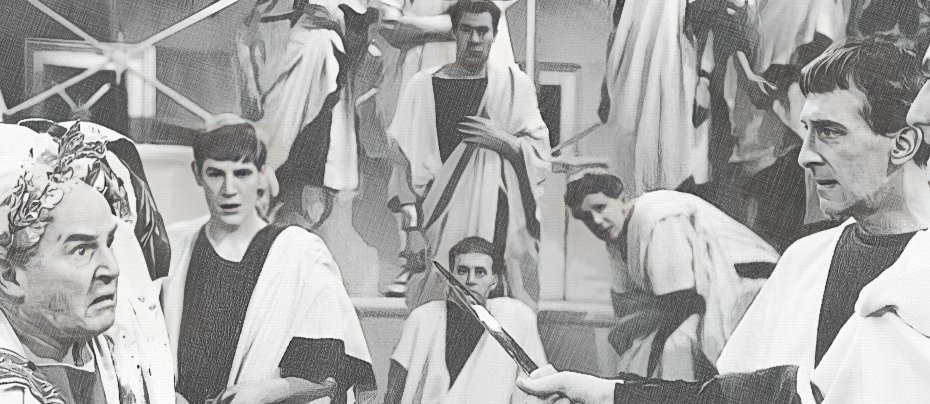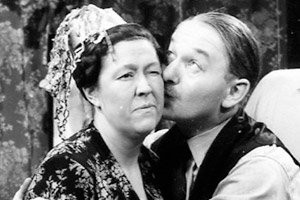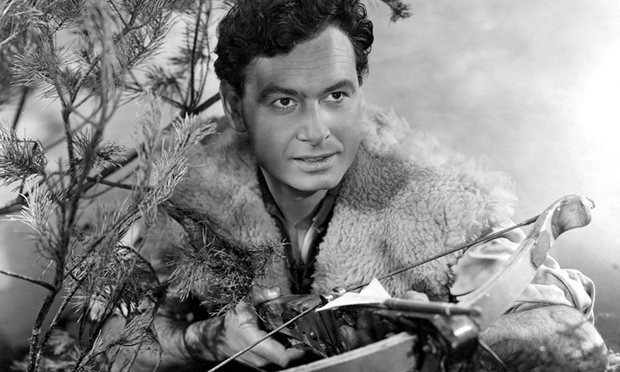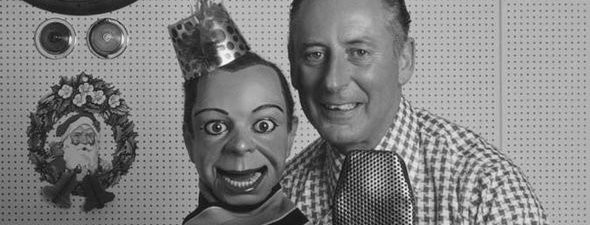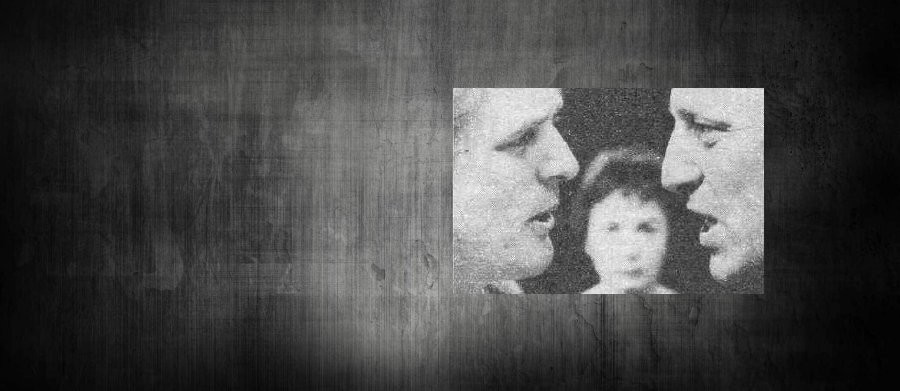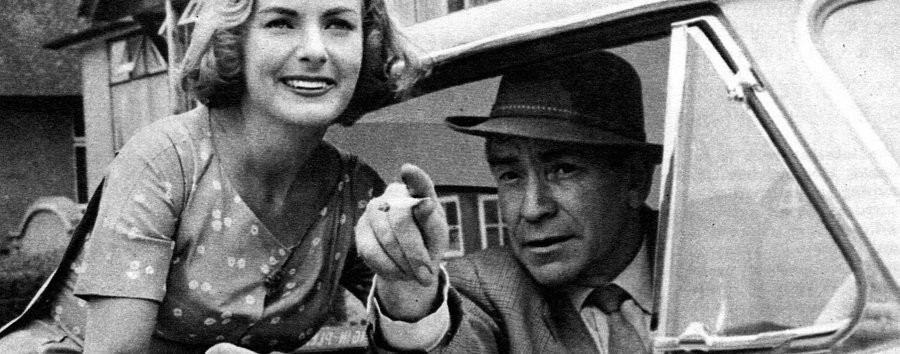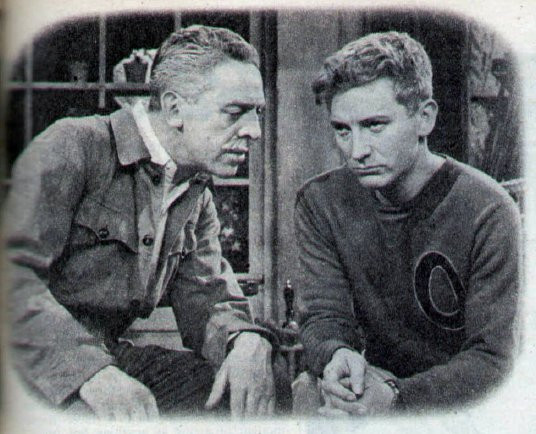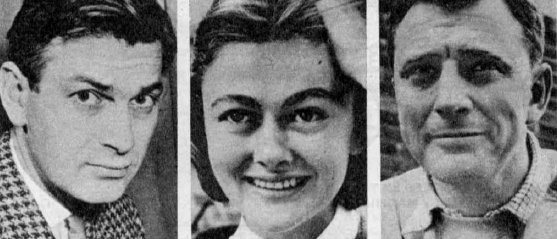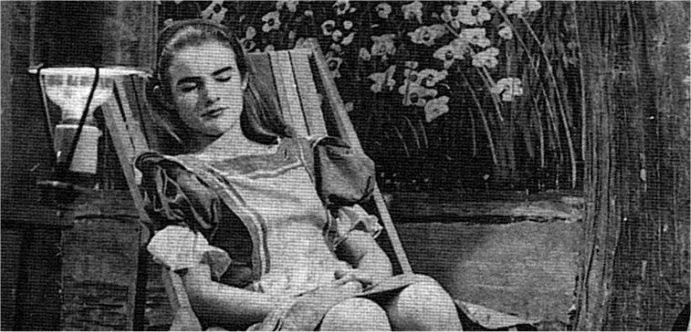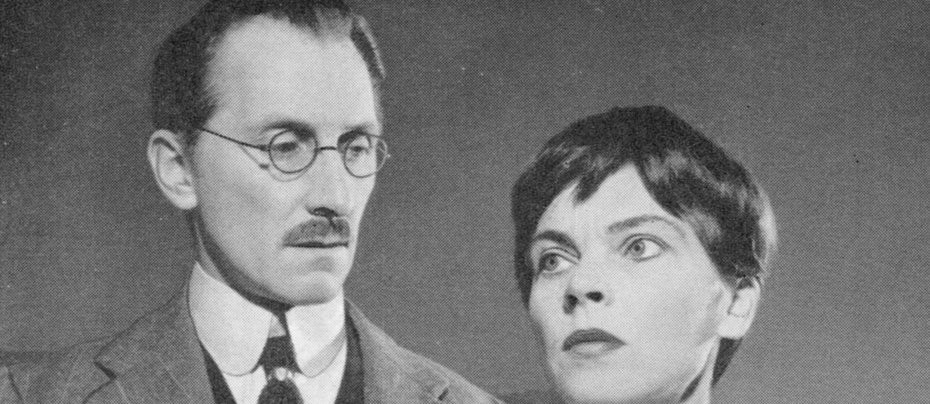
Uncle Harry
1958 - United KingdomDebuting on Broadway in 1942, Uncle Harry, a melodrama written by Carmarthen born playwright Thomas Job - who had moved to the United States to study for his Ph.D. in Dramatic Criticism, ran for 430 performances before being snapped up by Universal Studios. The play reflected the (then) new psychological approach to the type of crime drama that later came to be defined as Noir, mostly noted in film, but at the same time being developed on the stage. Uncle Harry (starring Karl Malden) was playing on Broadway at the same time as Joseph Kesselring's Arsenic and Old Lace and the Vincent Price vehicle, Angel Street (the US title for British dramatist Patrick Hamilton's Gas Light) about the cruel and cold-hearted Jack Manningham who is pushing his wife Bella to the verge of insanity.
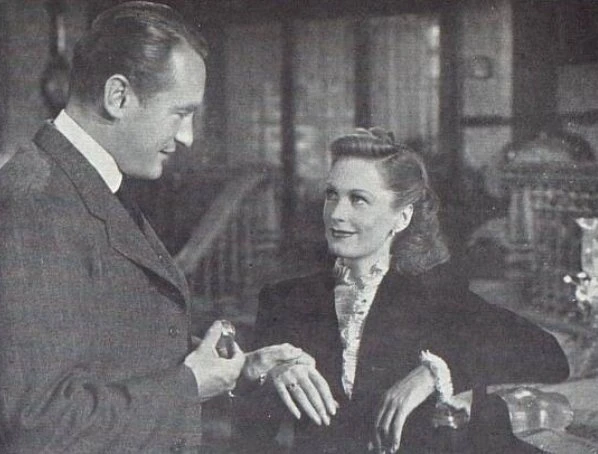
Unfortunately, despite its pre-publicity as being 'from the play that shocked Broadway' Universal's effort - retitled as The Strange Affair of Uncle Harry (1945), starring George Sanders in the title role, failed to repeat its stage success. This was not helped by the fact that the studio got cold feet towards the moral ambiguity of the denouement and changed the ending so Harry awakens in the last scene to discover he had been having a horrible dream.
In 1944 Uncle Harry had made its British debut at His Majesty's Theatre, Aberdeen, starring Michael Redgrave and Rachel Kempson (Mrs Redgrave). In April of that year it transferred to the Garrick Theatre in London.
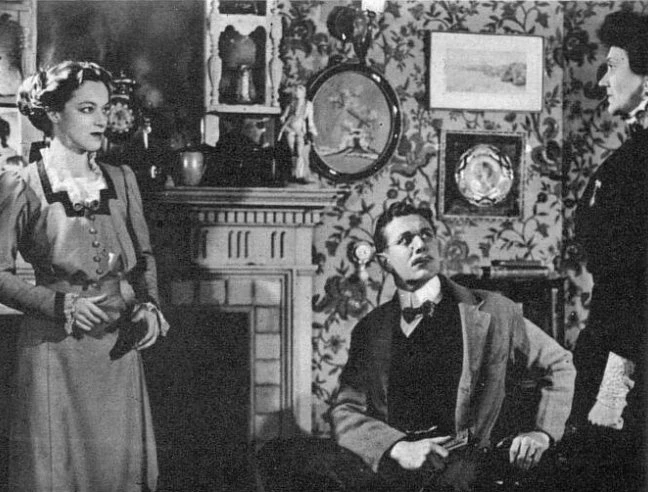
Uncle Harry is a dark psychological story of how a kindly, benevolent, and somewhat mundane bachelor can transform into a cold and pre-meditated murderer by disposing of his two disagreeable sisters, by killing of one and framing the other for her murder.
The three siblings are lower-middle-class natives of a North Country town. The sisters, Hester and Lettie, are spinsters who have never had any of their dreams fulfilled and as a result they suffocate their brother with varying degrees of devotion and jealousy. His nickname "Uncle Harry" is in itself a humiliating reminder of their smothering thrall. The way in which one of his sisters becomes horribly possessive and tries to break up Harry's new romantic interest, ruining his one chance of happiness suggests more than a hint of incest. But four years after the death of his sisters, one from poisoning and the other from the hangman's rope, he is tortured to the point of confession - only to be unable to convince anyone he is guilty.

'Poor Uncle Harry!' noted The Stage's critic Vera Dixon. 'Petted and coddled by his two contentious sisters, he resolves to gain his freedom and independence. By adding hydrocyanic acid to the cocoa of Hester and indicting Lettie, he is able to present himself to the woman he loves, only to be spurned and subsequently ostracized.
The Edwardian thriller developed slowly through 75 long minutes on BBC-TV, Thursday (8 May), and I wonder how many viewers switched off before the end and retired to bed.
Peter Cushing, however, playing the title-role of Harry Quincey, gave an impeccable performance, and was well supported by Beryl Measor as Sister Hester and Mary Morris as Lettie.
Stodgy drama this, but why did the BBC deem it necessary to schedule it for the 10.15pm to 11.30pm period?
Seen this show? How do you rate it?
Seen this show? How do you rate it?
Published on January 10th, 2022. Written by Marc Saul for Television Heaven.


